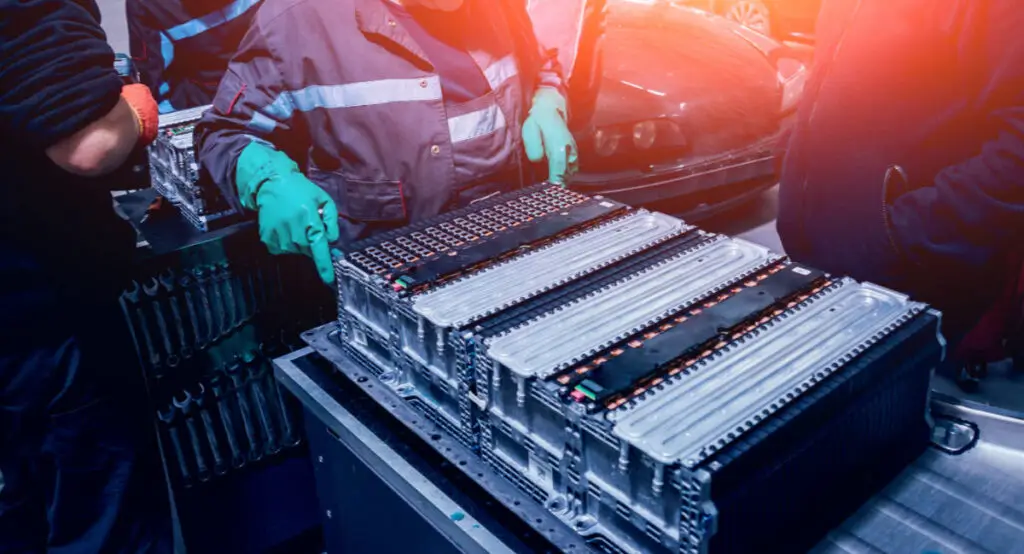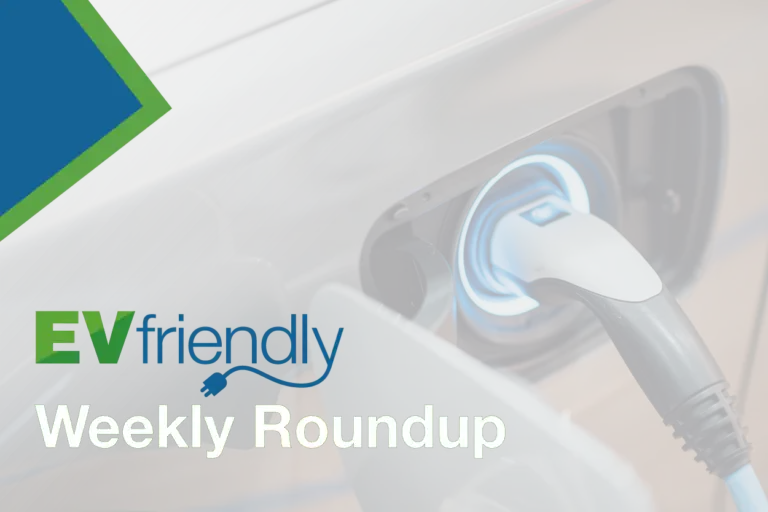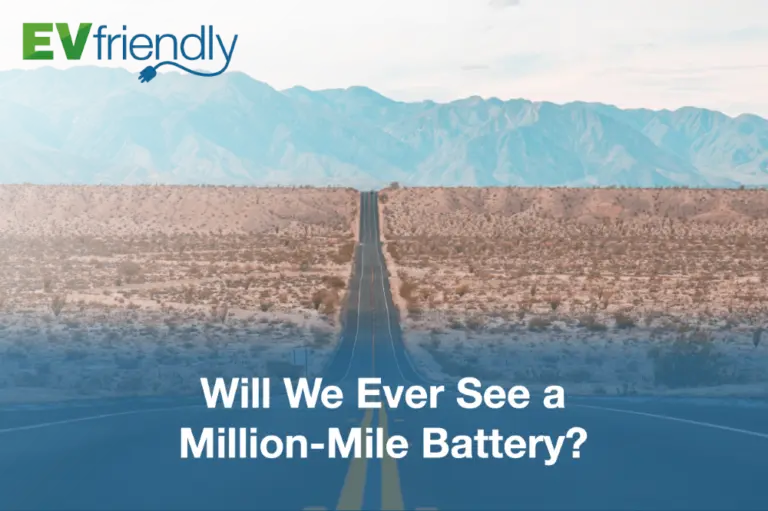Second-life Batteries
It is estimated that by 2030, there will be over one million end-of-life Lithium-Ion batteries in North America. Even now, sufficient numbers of these batteries are showing up in recycling yards, raising concerns about proper management through either reuse or recycling.
While reuse of these batteries in other electric vehicles, either through repair or remanufacturing, is always the preferred option, it is unlikely that industry will have the capacity to process this many end-of-life batteries. Recycling is an option, and ultimately, all batteries will be recycled at some point, but recycling technology and processes are also in their early stages and will not be the panacea needed to solve the end-of-life issue for electric vehicle batteries.
Advancements in Lithium-ion technology, along with the desire to seek alternative sources of energy, will provide industry with a third option for dealing with the question of what to do with all these batteries. This option applies to the second-life use of batteries.
Second-life (also called repurposing) refers to using the battery for what it was designed to do. That is, to store energy, but in this case, not for use in electric vehicles. The reuse of EV batteries for energy storage applications is gaining traction, extending the useful life of these products for a number of years before they require recycling. Examples of repurposing of electric vehicle high-voltage batteries includes powering forklifts, back-up power, storing power from clean energy technologies such as solar and wind, and more.
The supply chain for second-life batteries can be managed by auto dismantlers and auto manufacturers (possibly through some form of extended producer reasonability program), so it is important that dismantlers receive proper instruction in safety and battery testing.
It won’t take long before this becomes an emerging market. In less than 15 to 20 years, more than half of all salvaged end-of-life vehicles will be electric, and the batteries will need to be handled with proper care and attention.
Becoming EVfriendly certified is a first step to making your auto recycling business sustainable for this inevitable future.






